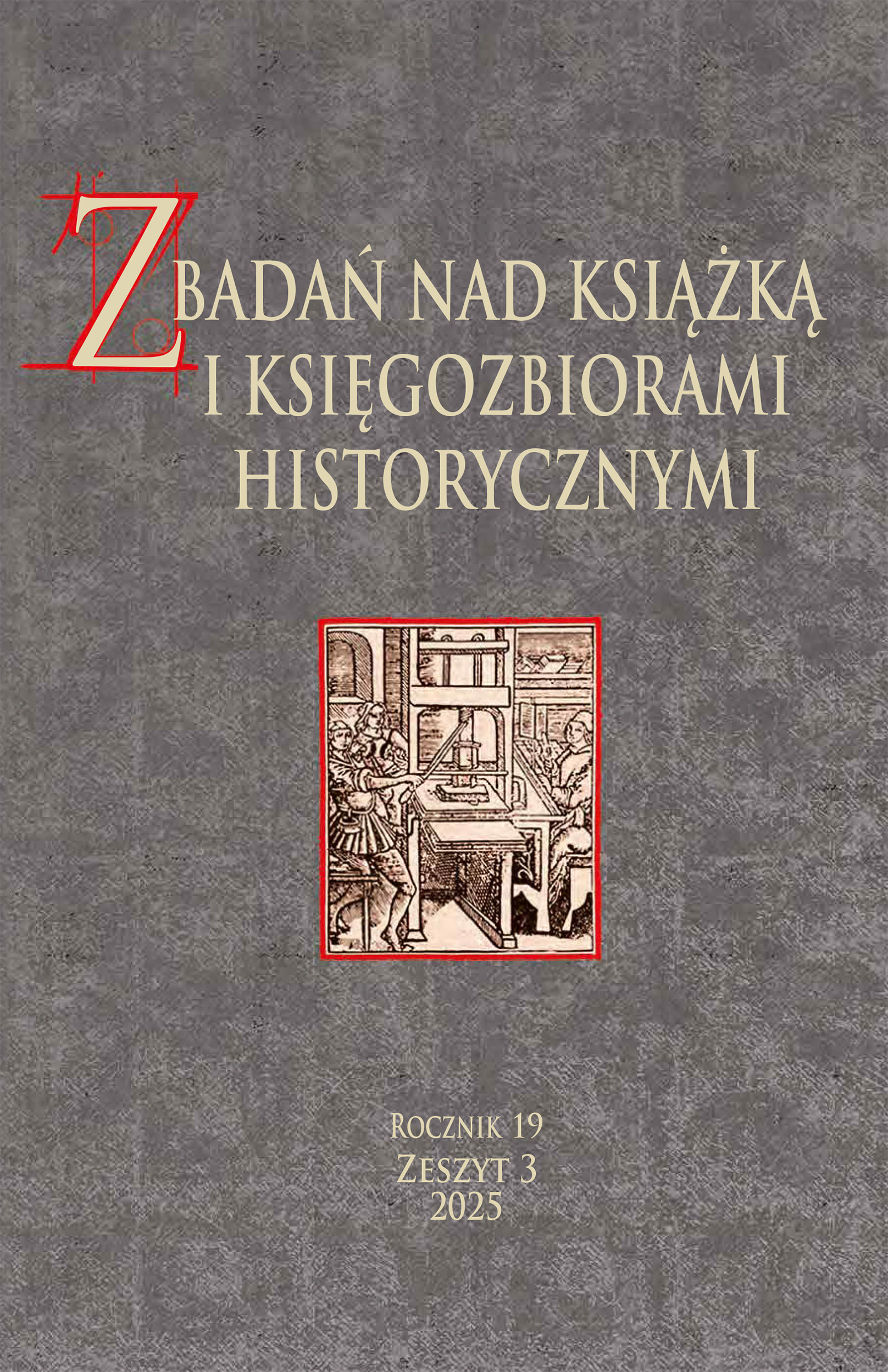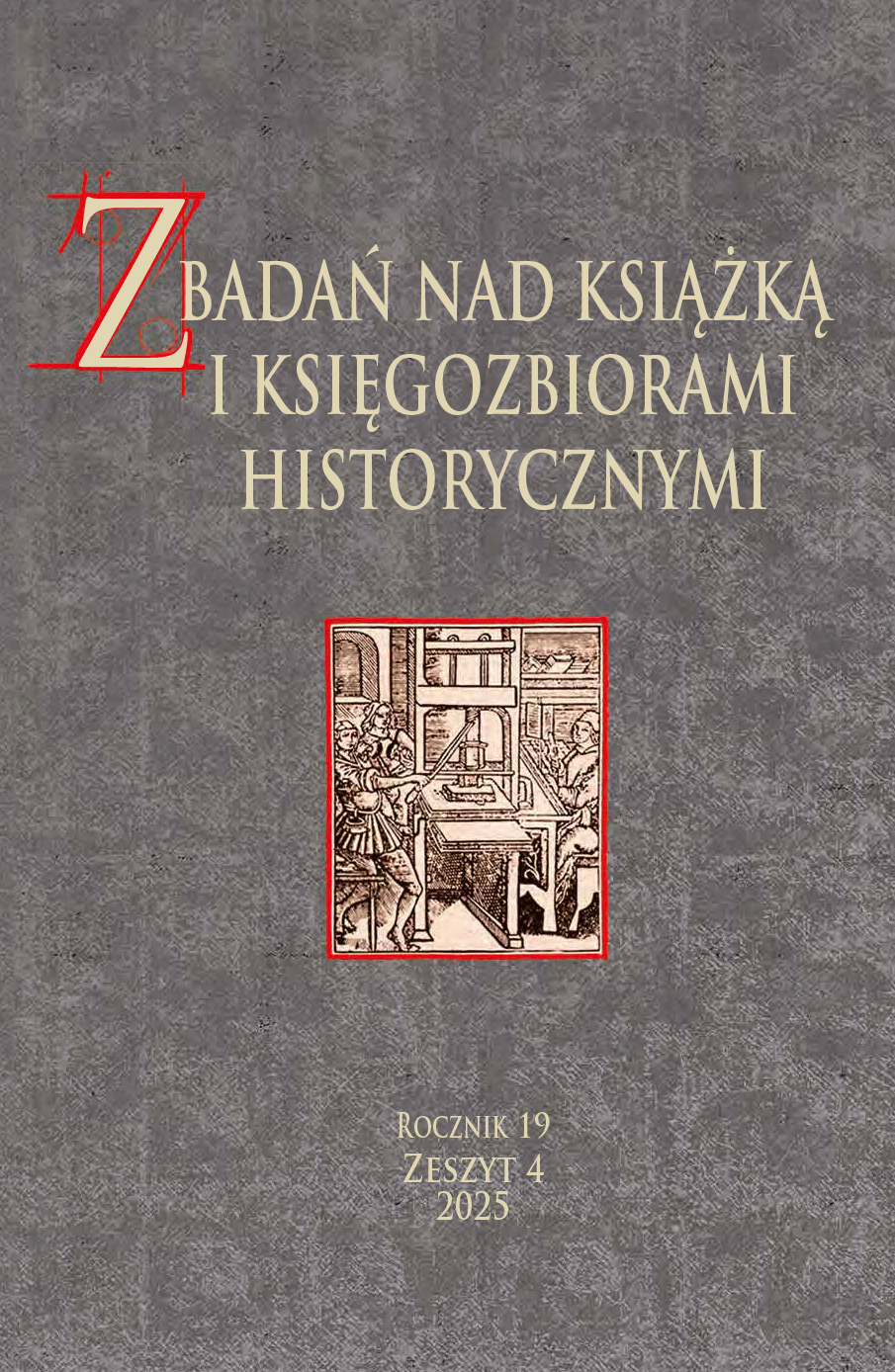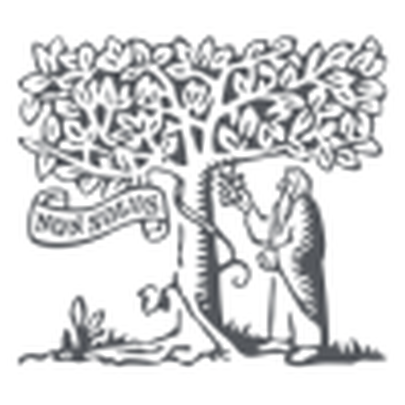Rationing of knowledge about Polish saints by Tsarist foreign censorship in the years 1865–1904
DOI:
https://doi.org/10.33077/uw.25448730.zbkh.2025.940Keywords:
Tsarist censorship , religious publications , Polish language , Russian partition , 19th century , censorship of saints , Polish saints , censorship of imported books , religious press controlAbstract
The study utilizes a comprehensive list of Polish-language religious publications imported into the Russian partition between 1865 and 1904 (the vast majority of which were obtained directly) and all the records of the Warsaw Censorship Committee preserved in the Central Archives of Historical Records in Warsaw, which contain justifications for censorship decisions from that period. The main reasons for the Russian censors’ hostile attitude toward Catholic saints stemmed mainly from long-standing conflicts between different branches of Christianity and from the authors’ association of the cult of saints with Polishness. The censors’ attitude toward individual figures varied. First and foremost, any mention of St. Jozafat Kuncewicz and Blessed Andrzej Bobola, considered the main enemies of Orthodoxy and defenders of the union, was ruthlessly removed. The second group of figures consisted of saints and blessed individuals, in the case of whom only laudatory opinions about their significance for Poland and descriptions of some of their activities were removed, e.g., in the case of St. Jacek Odrowąż – missionary work, and St. Stanisław of Szczepanów – defense of the Church’s independence from secular authorities. The third group included saints who appeared in the texts mainly as intermediaries between the faithful and God, offering prayers and songs asking for the prosperity of the homeland and the Catholic faith (St. Stanisław Kostka, St. Kazimierz, St. Jan Kanty). The remaining figures, both Polish (St. Kunegunda, Blessed Bronisława, St. Jan of Dukla) and foreigners with some significant connection to Poland, were much less frequently the subject of interference.
References
Kostecki J., Carska cenzura zagraniczna wobec importu literatury religijnej w języku polskim w latach 1865–1904, [w:] Zalecenia i przestrogi lekturowe (XVI–XX wiek), pod red. M. Jarczykowej i A. Bajor, Katowice 2012, s. 134–144.
Kostecki J., „Polskiej” Matki Boskiej przykre doświadczenia z carską cenzurą zagraniczną w latach 1865–1904, „Prace Filologiczne. Literaturoznawstwo” 2025, nr 15 (18) (tom Cenzury), s. 205–243.
Kostecki J., Trudny proces przenikania. Carska cenzura zagraniczna wobec importu publikacji w języku polskim w latach 1865–1904, Warszawa 2011.
Kostecki J., Rowicka M., Granice wolności słowa w zaborze rosyjskim w latach 1865–1904. Wykaz publikacji polskojęzycznych zakwestionowanych oraz dopuszczonych do obiegu przez carską cenzurę zagraniczną, t. 1–3, Warszawa 2006.
Olszewski D., Polska kultura religijna na przełomie XIX i XX wieku, Warszawa 1996.
Patruszewa N.G., Fut I.P. [Foote], Cyrkulary cenzurnogo wiedomstwa Rossijskoj impierii. Sbornik dokumientow, Sankt-Pietierburg 2016, s. 219.
Szreter P., Rosyjska cenzura spraw duchowych wyznań obcych w drugiej połowie XIX i na początku XX w., [w:] Instytucje – publiczność – sytuacje lektury. Studia z historii czytelnictwa, pod red. J. Kosteckiego, t. 6, Warszawa 1997, s. 124–142.
Downloads
Published
Issue
Section
License
Copyright (c) 2025 - fully remain with the author.

This work is licensed under a Creative Commons Attribution-NonCommercial 4.0 International License.







